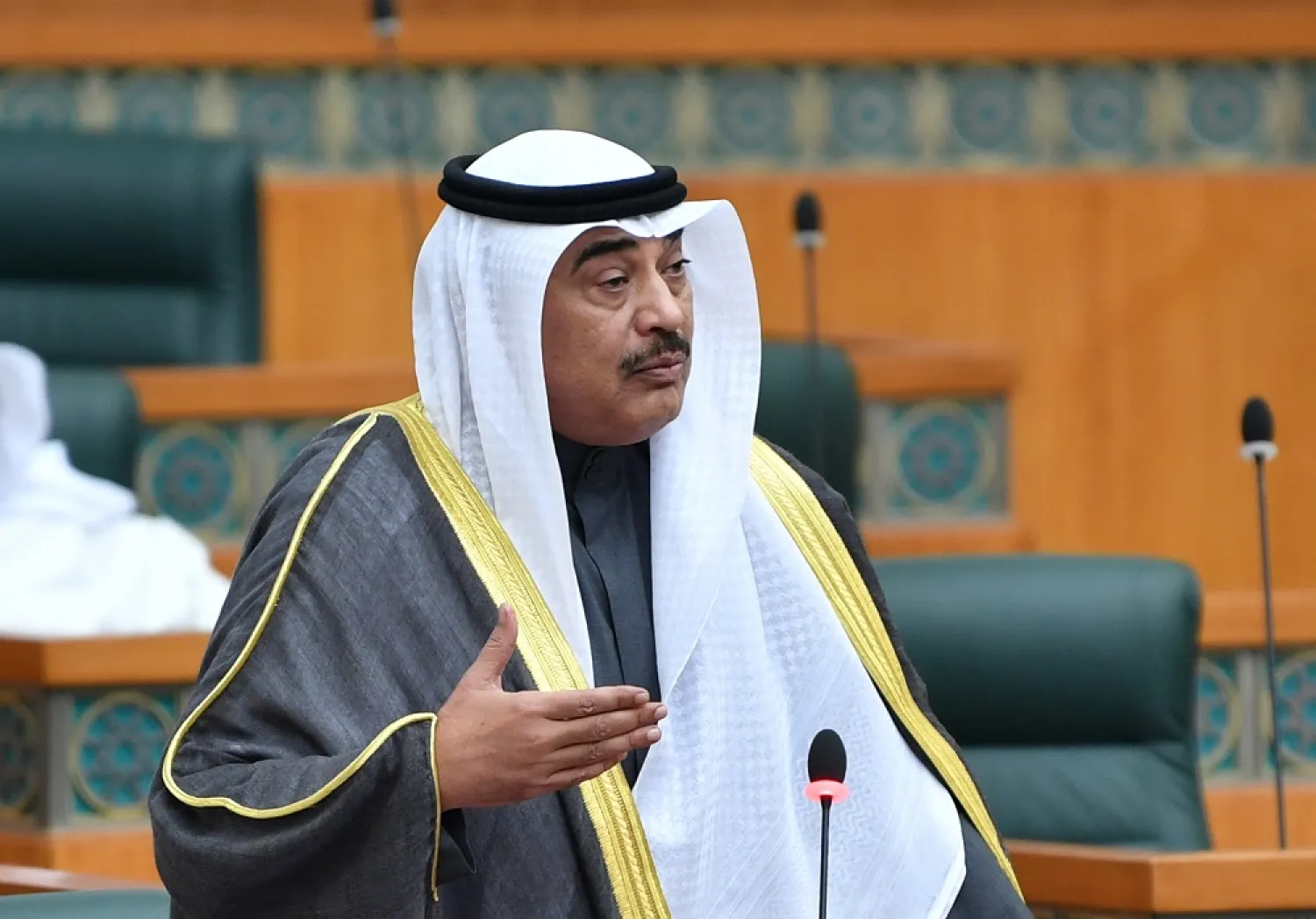Kuwait's Crown Prince Sheikh Mishal Al-Ahmad Al-Jaber Al-Sabah accepted the resignation submitted by the government more than a month ago, issuing a decree on Tuesday asking it to stay on in a caretaker role, state news agency KUNA reported.
The government had handed in its resignation on April 5 ahead of a non-cooperation motion against Prime Minister Sheikh Sabah al-Khalid in the National Assembly.
KUNA said the Emiri decree was issued by Sheikh Meshal, who took over most of the emir's duties late last year.
Sheikh Sabah has been premier since 2019. He has faced a combative legislature as the head of successive cabinets, with opposition MPs bent on questioning him over issues including perceived corruption.
The National Assembly was elected in December 2020 and witnessed the opposition, notably tribes and Islamic groups, make some gains.
Tensions have persisted between the government and parliament since the elections and they peaked during the coronavirus pandemic as Kuwait grappled with various economic and political crises caused by the outbreak and drop in oil prices.
Emir Sheikh Nawaf al-Ahmad al-Jaber Al Sabah had in 2021 called for dialogue between the country's legislative and executive authorities to resolve the political tensions and crises.
The dialogue led to a pardon of members of the opposition and the government's resignation in November.
It also ended a former National Assembly decision to exempt the prime minister from debriefings.
Disputes between the government and parliament have often obstructed Kuwait's efforts at financial and economic reforms.
Economic reforms are a point of contention with lawmakers, who argue that the government must first exert efforts in fighting corruption and ending the squandering of public funds.









